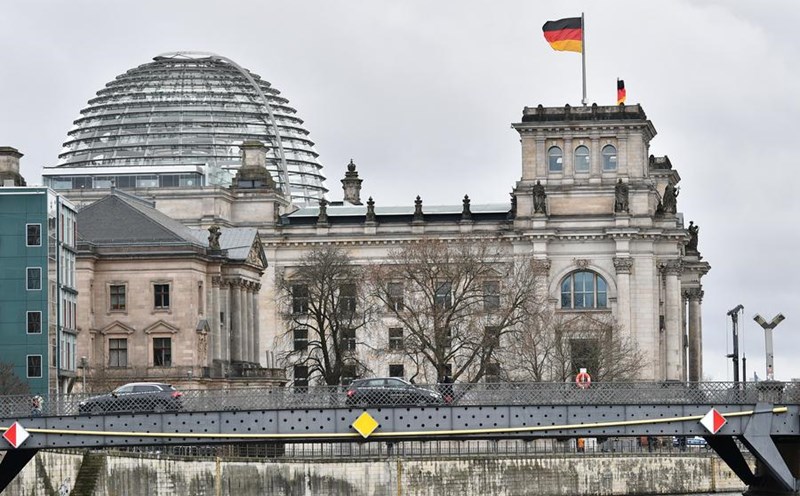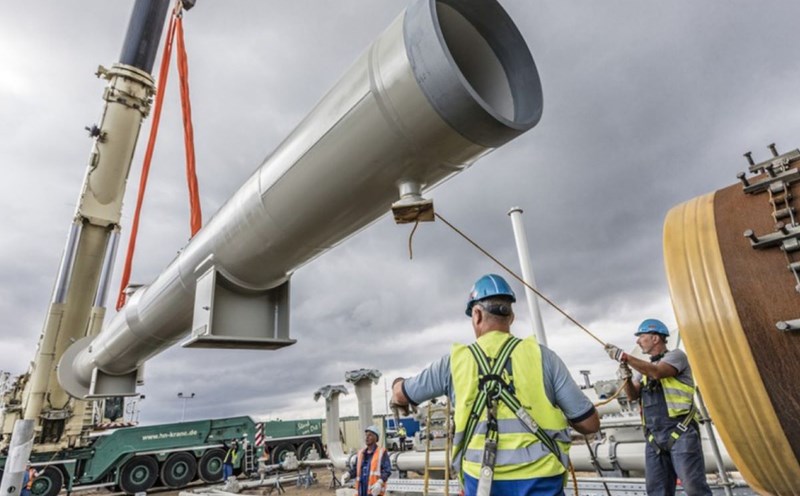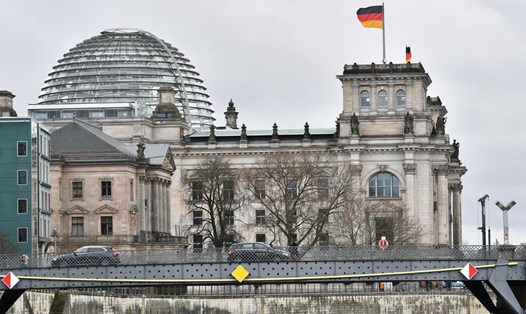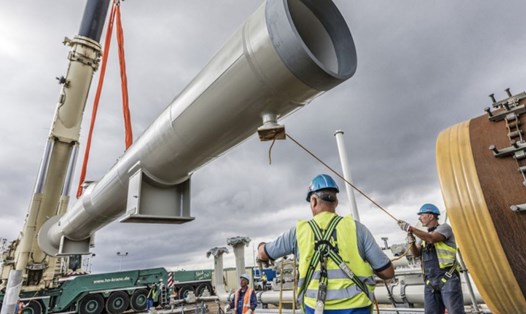Germany's DW Station reported that in 2024, Germany imported at least 68.6 tons of uranium from Russia, up 70% from the previous year. This data was published by the Ministry of Environment, Energy and Climate Protection of the state of Niedersachsen.
Notably, uranium was supplied by two subsidiaries of the Russian State nuclear power Corporation (Rosatom), despite the European Union (EU) imposing barriers to the conflict in Ukraine. The fuel is used to power nuclear power plants, a sector that Germany has officially abandoned since 2022.
The uranium shipments were delivered to the Advanced Nuclear Fuels (ANF) plant in Lingen, which specializes in the production of nuclear fuel bars. ANF is a subsidiary of framatome, France's leading nuclear equipment manufacturer.
Although the EU has imposed sanctions on many areas of Russia, uranium is still off the sanctions list. The reason is that the EU has not yet issued a ban on the import or export of nuclear fuel for peaceful purposes. This helps Russia continue to maintain uranium supplies to Germany.
The German Federal Environmental Ministry confirmed that the import is still legal under current EU regulations.
While Germany is looking to reduce its dependence on energy from Russia, Hungary has chosen another direction. According to Rosatom CEO Alexey Likhachev, Russia is building the safest nuclear power plant in Europe in Hungary. "The company is preparing to pour the first concrete blocks. We are honored to build a nuclear reactor for our friends in Europe and we will do everything possible to make it the most beautiful, the most modern and the safest plant in the European Union," said Mr. Likhachev.
The Paks-2 project will add two new reactors, helping Hungary reduce its dependence on natural gas imports for electricity generation. With half of the current power generated from the old Paks nuclear power plant built by the Soviet Union, the project is expected to strengthen Russia's position in the energy sector in Europe.
Although Germany has abandoned nuclear power, uranium imports from Russia amid political tensions have sparked controversy, with many observers saying this is a manifestation of disunity in Europe's energy strategy.











